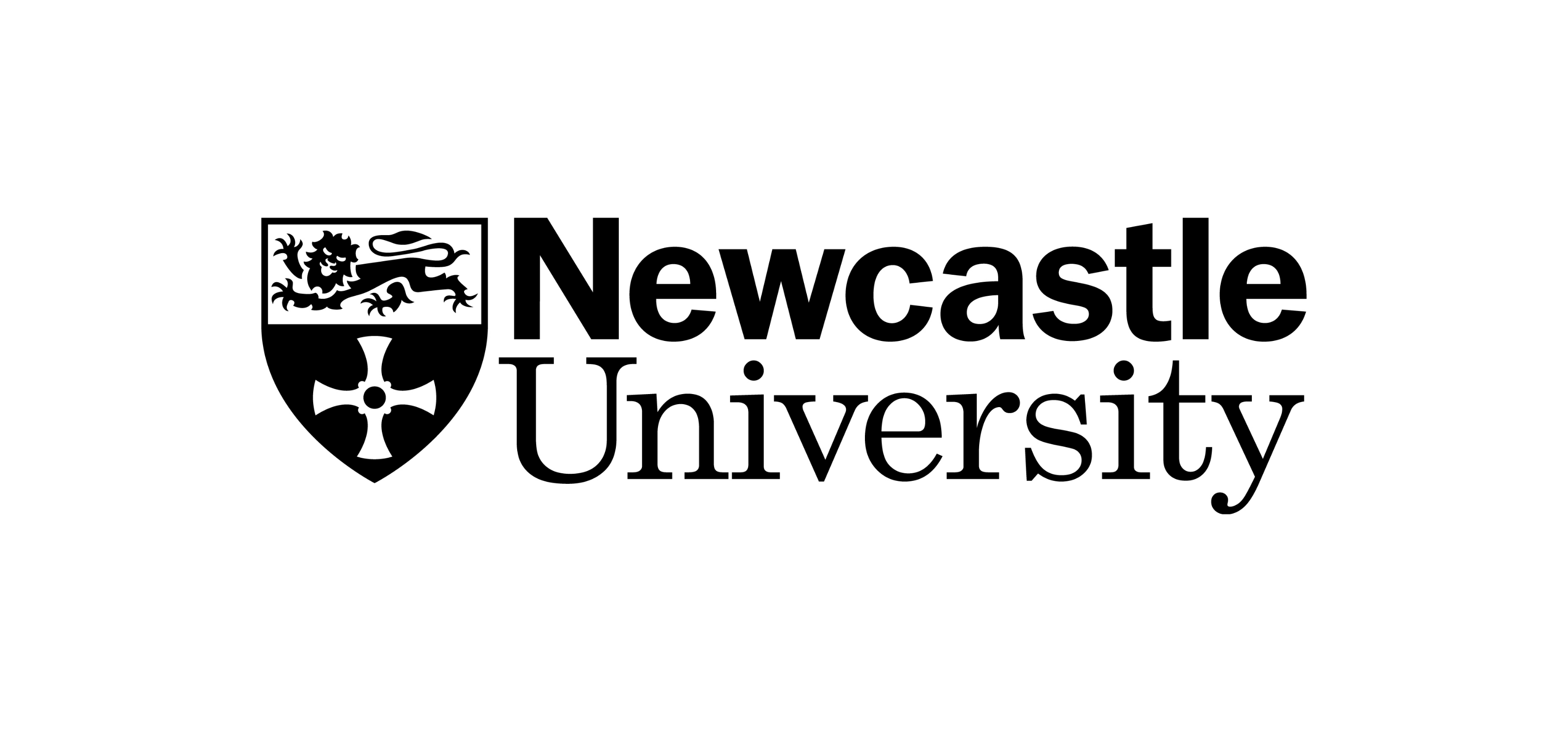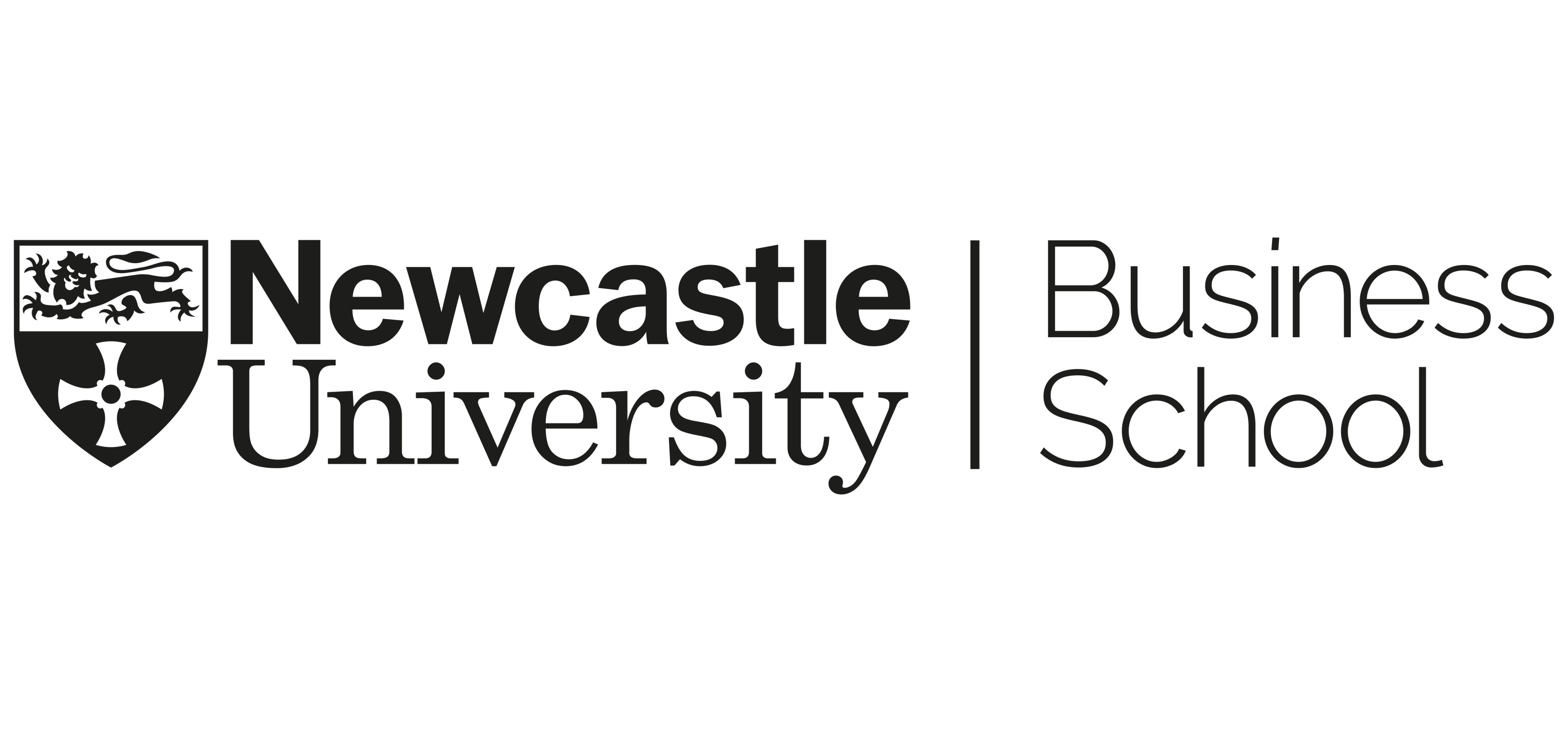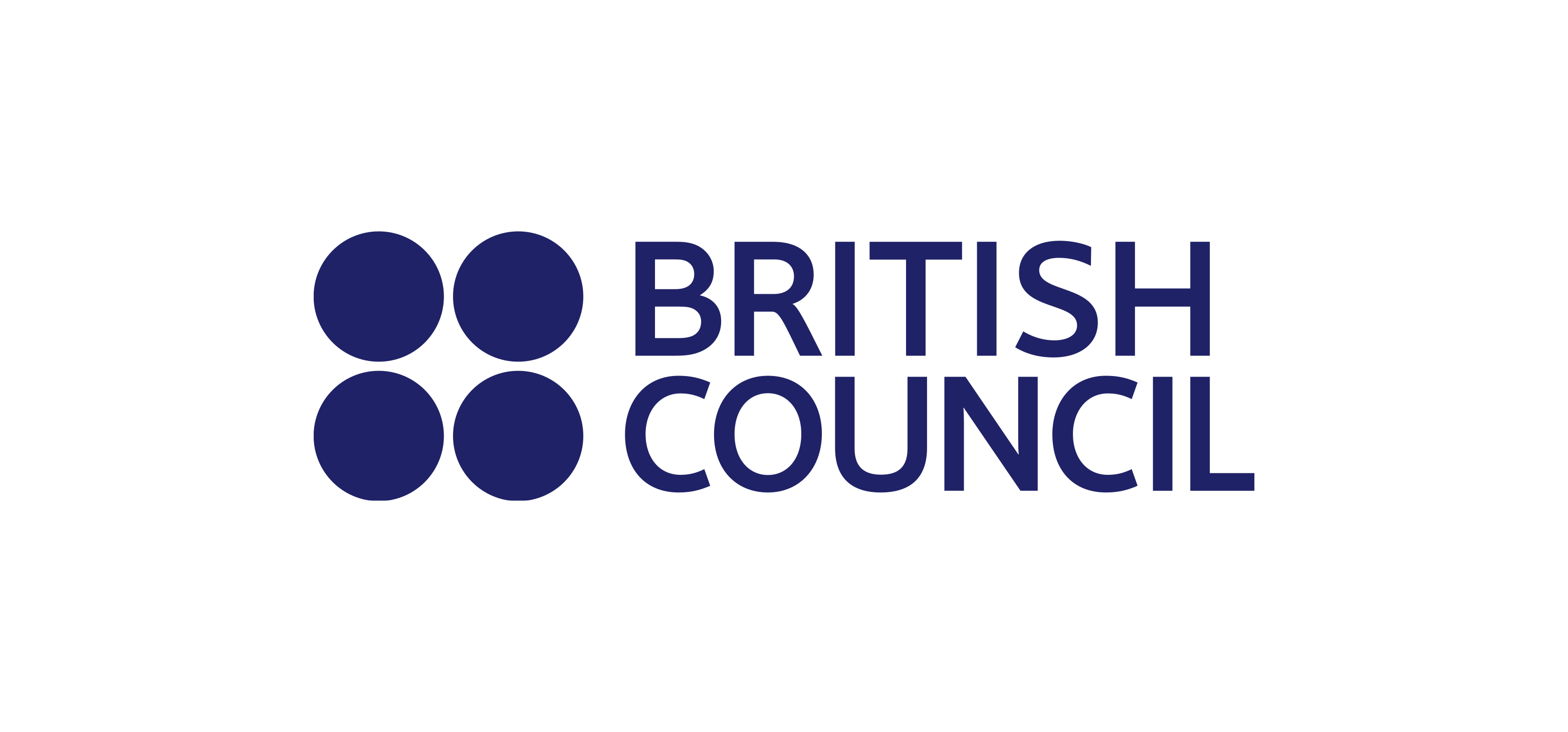What next?
Post-challenge overview
Please complete this short survey which will help you map your development through the Challenge but also help you think about what next. https://forms.ncl.ac.uk/view.php?id=9621226 (Links to an external site.) Within the survey are some evaluation questions on your experience of the Challenge. Moving our challenges to an online format for 2020 means there is a lot of room for us to improve, grow and innovate ourselves. Your feedback will help us continually improve our provision and improve the student learning experience!
Similar Opportunities to enhance skills
Join Enactus Newcastle
Enactus Newcastle is a newly resurrected student society, launching this academic year. A group of dedicated students have worked tirelessly over the summer to bring back this society and we have a fantastic committee who are keen to welcome new students this term. Enactus Newcastle IS a student society, but a very different one as its one of many Enactus societies all around the world. Enactus societies develop local and international projects to tackle challenges facing society to improve the quality of life for people in need. As the projects you work on are real and are developed by you and the Enactus team, you will really make a real genuine difference and impact.
For further information on Enactus: http://enactusuk.org/ (Links to an external site.)
If you haven't already, we encourage you to apply for the ncl+ award and use the hours you have accumalated as part of the Challenge towards the needed 30 hours needed to be eligible for the award.
The ncl+ Award is a way for you to demonstrate these skills to employers. If you're an undergraduate student, you can also gain recognition and credit on your Higher Education Achievement Report (HEAR) (Links to an external site.) for the time and effort you put in to extra-curricular activities. Whether it’s clubs and societies, volunteering, part time work or an international experience – if you are doing something outside of your course, the ncl+ Award is perfect for you!
Further information: https://www.ncl.ac.uk/careers/awards/nclplusaward/#about
Undertake a related module
You may be able to take an optional module in your studies. The following modules may be of interest:
- Developing Enterprise, Entrepreneurship and Employability - In a fast changing and highly competitive world, organisations need creative, enterprising and entrepreneurial people. This module aims to help you develop these key attributes and make things happen!
- Applied Entrepreneurship -Develop, launch and run your own business while earning academic credit!
To see all modules run by the Careers Service, please go to: https://www.ncl.ac.uk/careers/modules/
Related career paths - working in organisations.
Similar roles include:
If you enjoyed many elements of the whole challenge process, you may be interested in mangement consultancy. Look at the role overview of Management Consultant (Links to an external site.) -to find out more.
If you enjoyed the marketing aspect of the idea development - there are so many Marketing related roles (Links to an external site.) for you to explore.
Likewise, if you enjoyed the financial aspect of the idea development - there are a number of finance roles which are open to all graduates, not just finance or maths graduates.
If you enjoyed pitching and convincing an audience that your idea was the best, you might be interested in sales. Working in sales can be in all sorts of sectors and it could be directly to customers, or to other businesses (B2B). Look at the role overview of: the Sales executive (Links to an external site.)
If you enjoyed working on a project that makes real life impact, you could consider working for the third sector or 'not for profit', such as a charity or an NGO; as well other public bodies such as the NHS, the Civil Service or NGOs. Further information can be found on the Careers Service website (Links to an external site.).
Further career ideas
You might want to look at further roles - Prospects (Links to an external site.) gives an overview of over 400 job roles andthere is an interactive 'what careers will suit me?' quiz. The Careers Service also has a big section on job roles on the Explore Occupations (Links to an external site.) pages which you might find helpful.
Related career paths- working for yourself
If you have really enjoyed solving problems and ideating solutions - you potentially could do this yourself. The START UP (Links to an external site.) team at Newcastle University can help you use your skills and specialisms to create your own opportunities
START UP (Links to an external site.)offers bespoke one-to-one coaching, socials, workshops, peer-learning groups, equity-free funding, a pre-accelerator initiative, co-working space and more.
Marketing the challenge - CV writing
Do not let the challenge get lost amongst your CV!
Where to put it?
You could include the challenge within your education section, extracurricular activities, or 'other experiences'. There is no right or wrong place to put it, include where you see fit.
How to talk about it?
It is really important to go into some detail about the challenge. Remember, employers want to see evidence of how you have developed a certain skill.
A poor example would be:
Nov 2020 Participant in the XXX Enterprise Challenge
- Showed teamwork, creativity and worked well under pressure.
- Developed an idea for new eco-friendly razors.
- Delivered a pitch.
A better example would be:
Nov 2020 Participant in the XXX Enterprise Challenge
- Collaborated in a team of 5 people I had never met. Effectively formed collaborative working relationships through demonstrating excellent communication and interpersonal skills.
- Creatively innovated eco-friendly razors, as a result of conducting effective online research, thinking about a target market and mind mapping ideas.
- Successfully pitched the product to a large audience of 100, to senior members of staff. Wrote and designed a poster under a tight deadline and delivered the pitch in a calm and engaging manner.
- Awarded second place in the competition due to good team work and innovation.
This is a better example as it describes the situation briefly and explains HOW the person developed.
Further help
You can access support on CV writing (Links to an external site.) from the Careers Service and book an appointment to get your CV checked (Links to an external site.).
Marketing the challenge- Interviews
n an interview, whether video interview or face-to-face, you will typically be asked a range of competency questions. Competency questions ask you to provide evidence of when and how you demonstrated a certain skill.
For example
- Tell me a time you demonstrated good teamworking skills.
- Describe an incident when you worked well under pressure.
- Talk me through a time you showed your creative side.
You can use your experience of the challenge to answer these types of questions! Employers are keen to see examples that are outside of your degree as it provides them with more variety and will help you stand out.
All of these questions require you to recall an incident and use that incident to demonstrate a skills the employer is looking for. Essentially, they are asking you to tell a story, much like your pitch!
We recommend using the STAR technique in structuring your answers. STAR is an acronym which stands for
- (S)itation
- (T)ask
- (A)ction
- (R)esult
You can find out more on the STAR technique on the Careers Service interview pages (Links to an external site.).
An example of a STAR story using a challenge as an example to answer a competency question, is below:
- Talk me through a time you showed your creative side.
(ST) I participated in the Procter & Gamble enterprise challenge where in teams of 5 we were set the task of innovating and evolving an existing product to a target market.
(A)Firstly, I suggested that we undertook initial online research and understand existing products as well as the potential limitations. Myself and the team shared our ideas and scribed notes on the shared paper and took time to share. From our collaborative discussion and individual reflection from ourselves as consumers, we realised that eco-friendly was in-demand and could be utilised for the target market of affluent and ethical consumer. I then suggested utilising divergent and convergent thinking in designing materials for a new Gillette razor that was recyclable. We each drew ideas and joined up our innovative ideas for a final product. Instead of creating a standard pitch, we creatively designed a commercial for the product to demonstrate the use of the product to share with the senior members of staff at P&G.
(R)As a result of collaboratively innovating and being open to ideas, we successfully came second in the pitch, with the panel commending us on our creativity.
Careers Service and further support
Use the Careers Service as much as possible when at university. You are also able to access their services 3 years post graduation.
https://www.ncl.ac.uk/careers/ (Links to an external site.)
Book a follow-up conversation
If you would like to talk through anything related to the challenge experience or need signposting to what to do next,
please email laura.brown9@ncl.ac.uk to arrange a follow up appointment.
Further reading and resources
If you have enjoyed the topics within the challenge, please find a list below of books that go into more detail:
Entrepreneurialism:
- The LEAN start Up - Reiss
- All in the Start Up - Kander
- Start with Why - Sinek
Creativity:
- DeBono 6 thinking hats
- Creativity - Czi
- Originals
- Outliers
- The artist's way
- Big Magic
- The myths of creativity
- The ONE thing
- Sawyer, R. K. (2006). Explaining creativity: The science of human innovation (pp. 91-92). New York City: Oxford University Press.
- Amabile, T.M., Conti, R., Coon, H., Lazenby, J. & Herron, M. (1996). Assessing the work environment for creativity, The Academy of Management Journal, 39(5): 1154-1185.
- MacKinnon, D. (1962). The nature and nurture of creative talent, American Psychologist, 17(7): 484-95.
- Burkus, D. (2014). The myths of creativity: The truth about how innovative companies and people generate great ideas, San Francisco: Jossey-Bass.
- Isenberg, D. (2013). Worthless, impossible and stupid: How contrarian entrepreneurs create and capture extraordinary value, Cambridge: Harvard Business Review Press.
- Kastelle, T. & Steen, J. (2011). Ideas are not innovations, Prometheus, 29(2): 199-205.
- Berkun, S. (2007). The Myths of Innovation, O’Reilly Books: Sebastopol, CA.
Value Proposition Design:
- Value Proposition: How to Create Products and Services Customers Want (Strategyzer). 2014 - Osterwalder
Research:
- The Mom Test - Fitzpatrick
Value Proposition Design: Value Proposition: How to Create Products and Services Customers Want (Strategyzer). 2014 - Osterwalder Research: The Mom Test - Fitzpatrick




